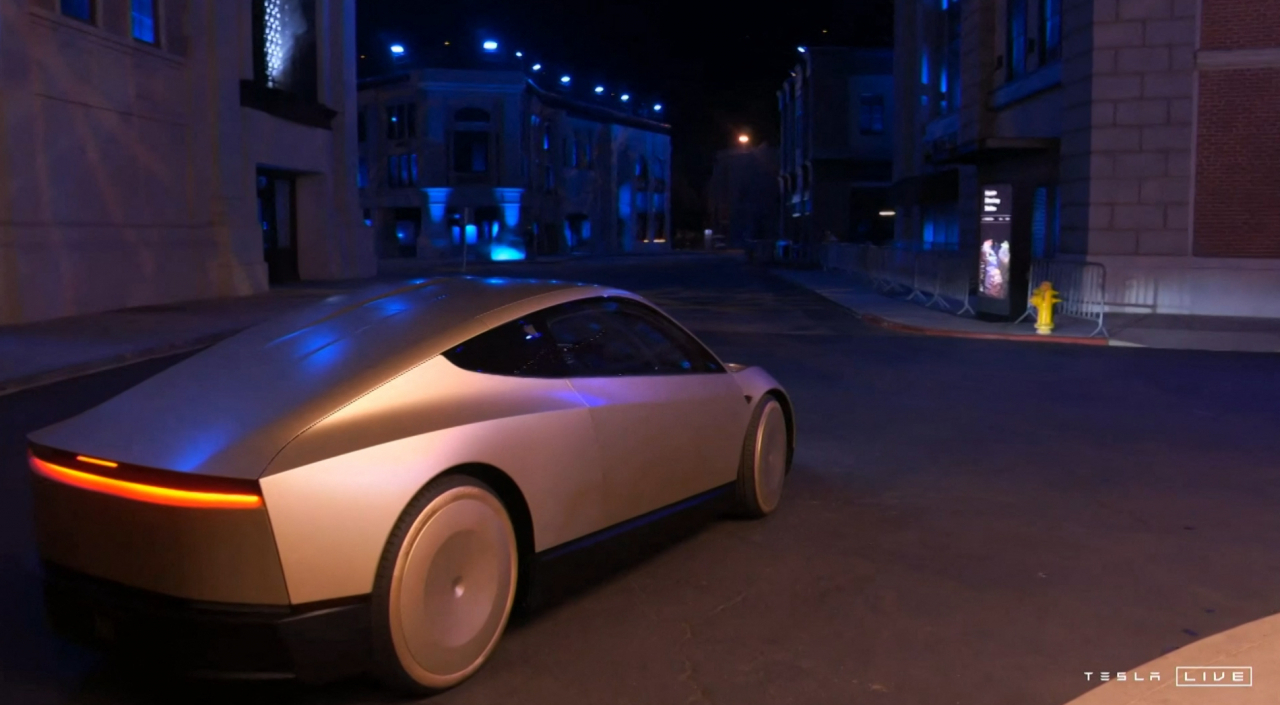
According to a report from the Korea Automotive Technology Institute, South Korea needs to align with global efforts to establish safer international standards for autonomous driving systems. Senior researcher Cho Min-wook emphasized that both the International Organization for Standardization (ISO) and the automotive industry are working towards a comprehensive framework that addresses safety and security for Level 3 and more advanced self-driving technologies. He noted that these systems must be capable of making accurate and safe decisions in various driving conditions, including interactions with people and objects, different road types, and adverse weather. Cho pointed out that the current separate evaluations of autonomous driving components do not sufficiently cover the complexities of normal, abnormal, and hazardous driving scenarios, which hampers safety assurance for these advanced systems. He highlighted that countries like Germany, the US, and Japan are already collaborating with automakers to implement sophisticated testing methodologies, such as Germany's PEGASUS and VVM projects. In contrast, South Korea's testing facilities are currently limited to Level 2 vehicles. To keep pace, the domestic automotive industry must enhance its testing capabilities and collaborate internationally, as global Original Equipment Manufacturers are likely to require detailed development and testing strategies from component makers. Cho cautioned that Korean companies must act proactively to remain competitive in the global market.
